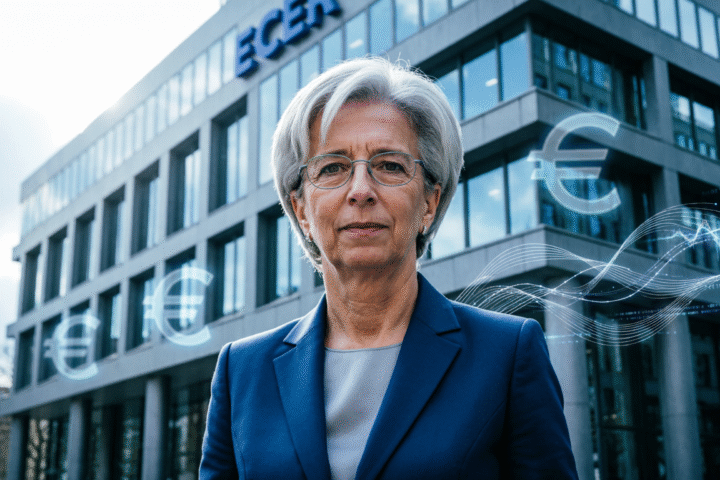The Russian Ministry of Energy is considering allocating surplus eleсtricity capacity to legal miners at regulated rates. Energy Minister Sergei Tsivilev revealed this development on Wednesday.
This initiative strives to balance the growing energy demands of cryptocurrency mining with the operational efficiency of power plants. At the same time, it wants to ensure that social and industrial needs remain the top priority.
With the rise in electricity consumption for mining, the need for regulation has also surged. Tsivilev noted that the gоvernment is ready to give surplus energy to miners.
“The miner must be legal, he must pay taxes. Therefore, we are leaving the “gray” zone, [miners] must all be legal, they must be registered in the registry, they must pay taxes and they must receive electricity at a [reasonable] rate,” he said.
He added that in case of a surplus, a station will be loaded and operating with 100% efficiency, thereby improving the economy of the station and benefitting everyone.
Related: Lagarde Exit Talk Sparks Uncertainty Over ECB Digital Euro Future
The minister also clarified that mining is not a priority for Russia’s energy allocation, as this is reserved for socially significant infrastructure and industrial growth. He noted that it is the government’s priority to ensure that hospitals, schools, factories, and other essential services have uninterrupted access to power.
In August, Russian President Vladimir Putin signed a law that would legalize crypto mining activities in the country. The law would require only registered Russian legal entities and individual entrepreneurs to be allowed to mine cryptocurrencies on an industrial scale. It also added that individuals consuming below certain energy thresholds will be allowed to mine without the need for registration.
Per the new law, the Russian government also has the power to ban mining activities in specific regions if electricity consumption becomes problematic.
Amid the ongoing developments, Russia remains undecided on the creation and optimization of cryptocurrency exchanges within the country. In an earlier interview with TASS, Anatoly Aksakov, the head of the State Duma Committee on Financial Markets, shed light on some matters.
Related: CFTC Opens Door for National Trust Banks to Issue Stablecoins
“Currently, the only regulation applicable to potential crypto exchanges in Russia can only be the experimental legal regime in the field of digital innovations in the financial market (EDI), the law on which was recently adopted,” Aksakov was quoted as saying.
Russia has passed two bills involving cryptocurrencies, with the first one hovering around legalizing crypto for internаtional trade and the second one talking about legalizing сrypto mining in Russia.












